
Author Mads Timmermann
Mads has 15+ years of experience as a skin expert and has written/read this article.
🔥 New Updated 2025 Guide: 🔥
👉 Get the Clean Skin Guide now
Tired of acne and breakouts that never go away? 🤔
Learn how to fight your acne effectively and quickly.
🌟 390,067 others have already received the guide.
Introduction
Acne can be a frustrating and persistent issue for many individuals. One common cause of acne flare-ups is stopping the use of birth control pills. Birth control pills often contain hormones that help regulate the production of sebum, a natural oil that can contribute to acne when produced in excess. When someone stops taking these pills, their hormone levels can change, sometimes leading to increased sebum production and acne breakouts.
In this article, we will explore the reasons behind acne flare-ups after discontinuing birth control and discuss various treatment options available. Our aim is to provide you with the knowledge and tools to make informed decisions about your skincare journey, ultimately helping you achieve clear and healthy skin. Understanding the connection between hormonal changes and acne is crucial to finding the right treatment plan tailored to your unique needs.
Understanding the Connection between Birth Control and Acne
Hormonal birth control, including oral contraceptive pills, have been widely used to prevent pregnancy, as well as to help women manage their acne. The main mechanism by which hormonal contraceptives are able to control acne is by altering the hormonal balance in the body. We should know that acne is often triggered by hormonal changes, specifically the fluctuations in androgens such as testosterone. Excess androgens can stimulate the production of oil in the skin, which can lead to clogged pores and the development of acne lesions.
Hormonal contraceptives contain a combination of estrogen and progestin, which work together to suppress the production and release of androgens in the body. As a result, the oil production in the skin is reduced, thereby preventing clogged pores and minimizing acne outbreaks. Women who experience hormonal acne may find relief by starting a hormonal contraceptive, but it's important to remember that each woman's response to birth control can vary. Some women may not experience significant improvements in their acne, while others may see a considerable improvement in their skin's condition.
When a woman decides to stop using hormonal birth control, she may notice a resurgence of acne. This is because the androgen-suppressing effects of the contraceptives are no longer present, which allows the hormonal fluctuations to return and potentially trigger acne outbreaks. It's essential for women who are considering stopping hormonal contraceptives to prepare for the possibility of their acne worsening after discontinuing the pill.
Treating acne after stopping hormonal birth control may require adjustments to your skincare routine or the use of alternative treatment options, such as prescription medications or topical treatments. Many women find success with over-the-counter acne treatments that contain benzoyl peroxide or salicylic acid as the active ingredient. Alternatively, some may require consultation with a dermatologist for a more personalized treatment plan, which may include stronger prescription medications or other therapies such as chemical peels or laser treatment, depending on the severity of their acne.
Why Acne Flares Up After Stopping Birth Control
Estrogen and Progesterone Fluctuations
When women stop using birth control, their hormone levels can experience significant fluctuations. One of the main reasons for acne flare-ups after stopping birth control is the change in estrogen and progesterone levels. These hormones help regulate the production of oil in our skin, keeping acne at bay. When we stop taking birth control, the balance between estrogen and progesterone shifts, potentially causing acne eruptions. According to a study, oral contraceptives can help reduce acne flare-ups.
Testosterone Dominance
Another factor that contributes to acne breakouts after stopping birth control is an increased prevalence of testosterone in the body. Birth control pills contain hormones that can suppress the production of androgens, such as testosterone. When we stop taking these pills, our bodies' androgen levels may rise, leading to an increase in sebum (oil) production in the skin. This excess oil can clog pores and lead to acne flare-ups.
Changes in Oil Production
As mentioned earlier, hormones play a crucial role in oil production within our skin. When estrogen and progesterone levels fluctuate, so does our skin's sebum production. Increased oil production can create an environment where acne-causing bacteria thrive, leading to breakouts.
In order to treat acne flare-ups after stopping birth control, it is essential to maintain a proper skin care routine. This may include using gentle cleansers, applying oil-free moisturizers, and incorporating acne-fighting ingredients such as salicylic acid or benzoyl peroxide. It is also crucial to consult with a dermatologist or healthcare provider to determine the best course of action for managing acne after discontinuing birth control.
Methods to Treat Post-Birth Control Acne

Acne after stopping birth control is a common issue many face. In this section, we will discuss three main methods to treat post-birth control acne - topical treatments, oral medications, and lifestyle modifications.
Topical Treatments
Topical treatments are applied directly to the affected areas on the skin. These treatments can help unclog pores, reduce inflammation, and target acne-causing bacteria. Some common topical treatments we recommend include:
- Benzoyl peroxide: This antibacterial agent can reduce acne-causing bacteria and unclog pores. It is available in different strengths, and it's best to start with a lower concentration to minimize skin irritation.
- Salicylic acid: An effective exfoliant, salicylic acid can help to unclog pores and reduce inflammation. It is available in various forms, such as cleansers, toners, and spot treatments.
Oral Medications
In some cases, oral medications may be necessary to manage post-birth control acne, especially for cases with severe breakouts or persistent issues. Two common oral medications include:
- Antibiotics: Short-term use of antibiotics, such as tetracycline, can help reduce acne-causing bacteria and inflammation.
- Spironolactone: This medication can help regulate hormone levels, thus reducing acne flare-ups often associated with stopping birth control.
However, it is essential to consult a medical professional before taking any oral medications to ensure their safety and suitability for your individual situation.
Lifestyle Modifications
In addition to topical treatments and oral medications, certain lifestyle modifications may help improve post-birth control acne. These include:
- Maintaining a consistent skincare routine: Cleansing, exfoliating, and moisturizing your skin with gentle, non-comedogenic products can help prevent clogged pores and reduce acne.
- Balancing your diet: Eating a balanced diet rich in whole foods, fruits, and vegetables while limiting processed and sugary foods can contribute to healthier skin.
- Managing stress: High stress levels may trigger hormone imbalances, which can exacerbate acne. Mindfulness techniques, such as meditation and yoga, can help manage stress and promote overall well-being.
In summary, treating post-birth control acne may require a combination of topical treatments, oral medications, and lifestyle modifications. It's essential to consult with a healthcare professional to determine the best course of action for your unique situation.
Natural Remedies for Hormonal Acne
Hormonal acne can be particularly frustrating, especially after stopping birth control. Fortunately, there are several natural remedies available to help restore hormonal balance and clear up your skin. In this section, we will discuss herbal supplements, diet changes, and stress management techniques that may help improve hormonal acne.
Herbal Supplements
Various herbal supplements have been found to help regulate hormonal balance and improve acne symptoms. Some commonly used herbal supplements include:
- Vitex (Chaste Tree Berry): This plant extract helps to balance estrogen and progesterone levels in the body. Vitex may be particularly beneficial for hormonal acne related to menstrual cycles or after stopping birth control. Period repair manual.
- Evening Primrose Oil: Rich in omega-6 fatty acids and gamma-linolenic acid (GLA), evening primrose oil can help reduce inflammation and promote hormonal balance.
- Maca Root: This Peruvian root is known for its hormone-regulating properties and may help improve hormonal acne.
Remember to consult with a healthcare professional before starting any new herbal supplements.
Diet Changes
Making adjustments to your diet can have a significant impact on hormonal acne. Here are some dietary changes that may help:
- Increase your intake of anti-inflammatory foods: Foods rich in omega-3 fatty acids, such as fatty fish, flaxseeds, and walnuts, can help reduce inflammation and improve acne symptoms.
- Limit high-glycemic foods: High-glycemic-index foods, such as sugary snacks and white bread, can cause sudden spikes in blood sugar levels which may contribute to hormonal imbalances and acne. Opt for low-glycemic foods like whole grains, legumes, and vegetables.
- Consume more zinc-rich foods: Zinc is an essential nutrient that plays a role in hormone production and skin health. Foods rich in zinc include pumpkin seeds, chickpeas, and spinach.
Stress Management Techniques
Stress can negatively affect hormone levels, leading to increased acne. Incorporating stress management techniques into your daily routine may help alleviate this issue. Some effective techniques include:
- Meditation: Practicing mindfulness meditation may help reduce stress and improve hormonal balance.
- Exercise: Regular physical activity can help reduce stress and improve overall hormone balance.
- Sleep: Prioritizing restful sleep is crucial for maintaining hormonal balance and healthy skin.
Incorporating natural remedies like herbal supplements, diet changes, and stress management techniques can potentially improve hormonal acne, particularly after stopping birth control. Be sure to consult with a healthcare professional before starting any new treatments.
When to See a Dermatologist
It's common to experience acne flare-ups after stopping birth control, particularly if the oral contraceptive was helping to manage acne previously. While it's normal to encounter some skin changes, it's essential to know when to seek professional help.
We recommend seeing a dermatologist if your acne persists or worsens after three months of stopping birth control. This timeframe allows your body to adjust to the hormonal changes and, in many cases, the skin will stabilize on its own. However, if it does not improve, a dermatologist can assess your skin and prescribe an appropriate treatment plan.
In addition to the duration of the acne, take note of the severity. If you're experiencing painful, cystic acne or scarring, it's important to visit a dermatologist sooner. Early intervention may help prevent long-term damage to your skin.
Lastly, consider your emotional well-being. Acne can impact self-esteem, and if you find that your acne is causing significant distress, it's essential to consult with a dermatologist to discuss treatment options. They can provide solutions tailored to your skin type, goals, and preferences, such as topical treatments or spironolactone.
Remember, reaching out to a dermatologist is a crucial step in managing acne after stopping birth control. Their expertise and guidance can help ensure optimal skin health and improved well-being.
Wrapping things up
In our exploration of acne after stopping birth control, we found several factors that can contribute to this change in skin condition. It is important for us to consider these factors as we develop methods for treating acne after stopping birth control.
We discovered that hormonal imbalances are often the primary cause of acne flare-ups after ceasing birth control usage. Birth control pills help regulate hormonal levels, and when their usage is discontinued, an individual's hormone levels may fluctuate, leading to acne breakouts.
To treat acne after stopping birth control, we can consider the use of topical treatments, such as benzoyl peroxide or salicylic acid. Additionally, it might be helpful to maintain a consistent skincare routine, focusing on cleansing, exfoliating, and moisturizing to minimize the chances of acne development. If the acne persists or worsens, consulting with a dermatologist is advisable.
In some cases, non-hormonal treatments like spironolactone can be used under the guidance of a healthcare provider to help regulate acne in adult women without reintroducing hormonal birth control.
Our understanding of acne after stopping birth control allows us to approach the situation with a well-rounded approach that considers not only the cause of acne but also practical and effective solutions for treating it. By keeping our focus on accurate information and professional advice, we can successfully navigate the challenges that may arise after discontinuing birth control and work to maintain healthy skin.
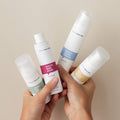
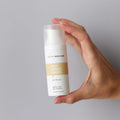
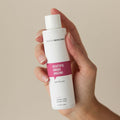
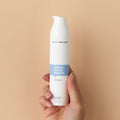
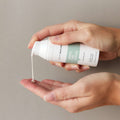
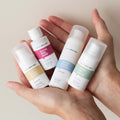
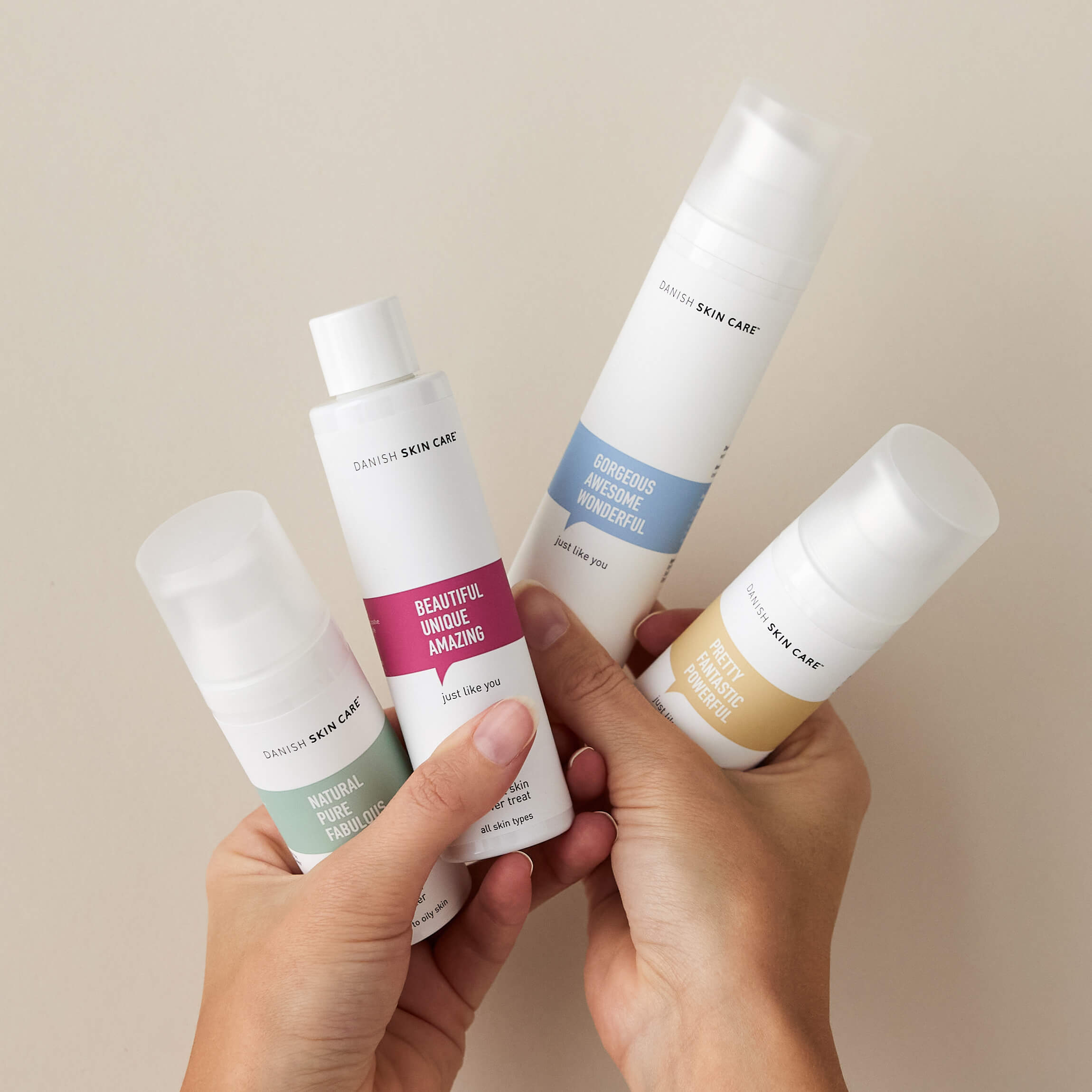
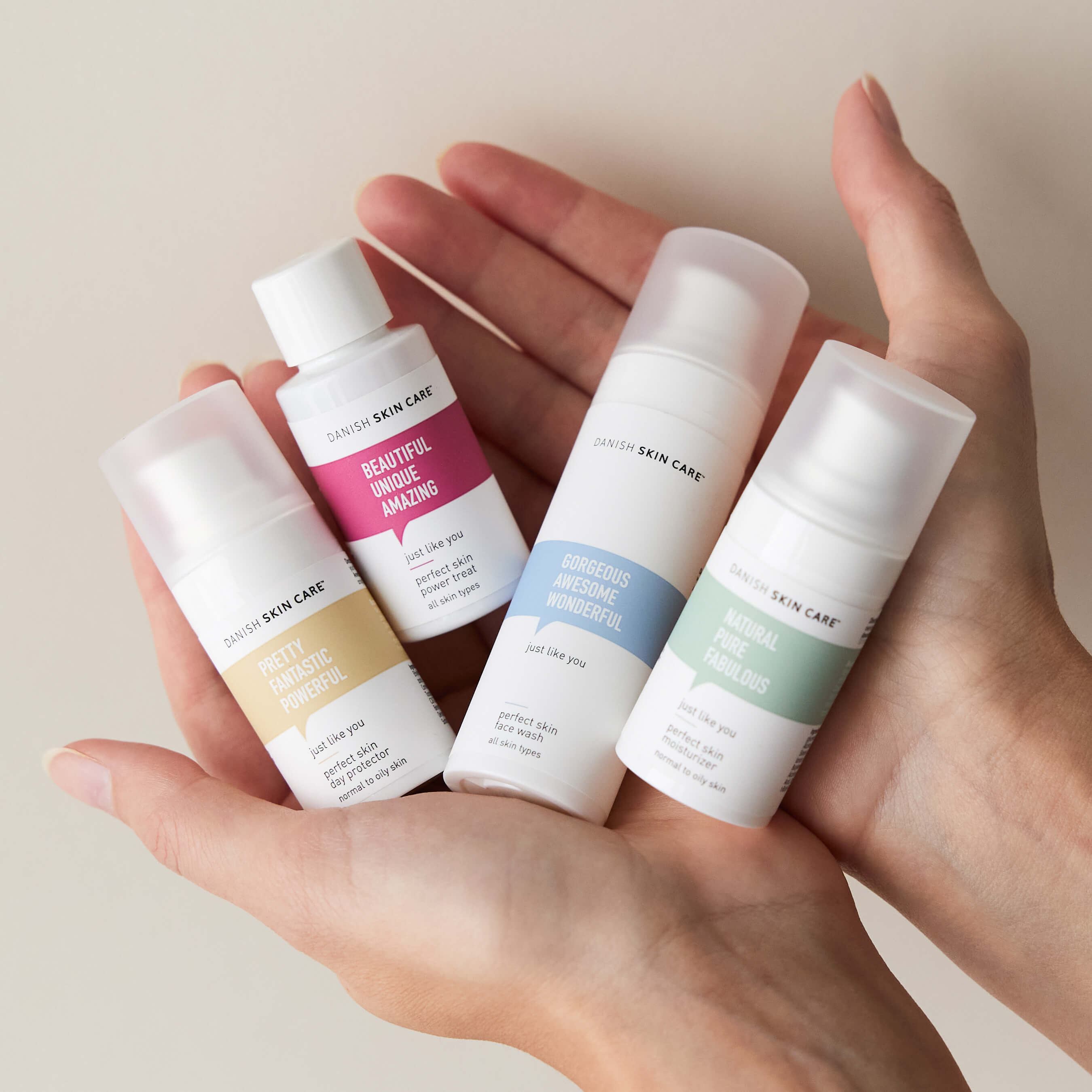
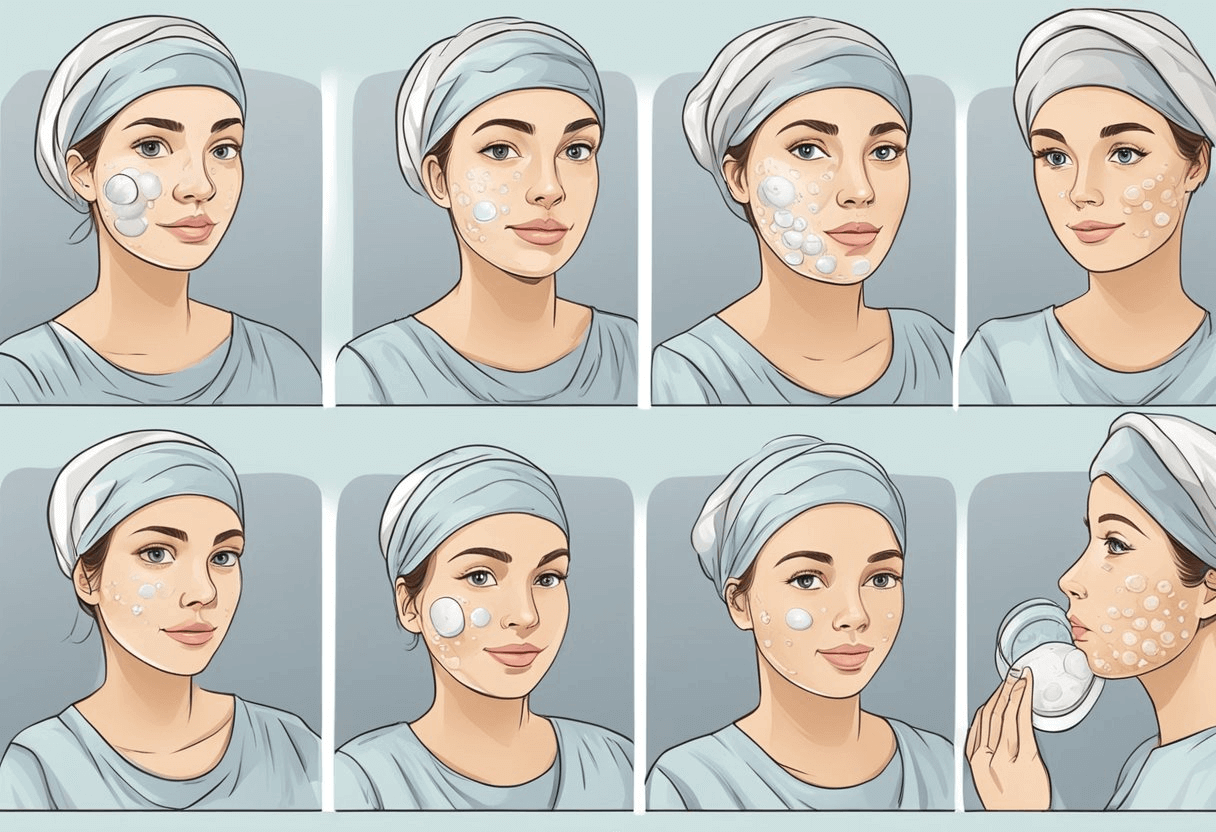
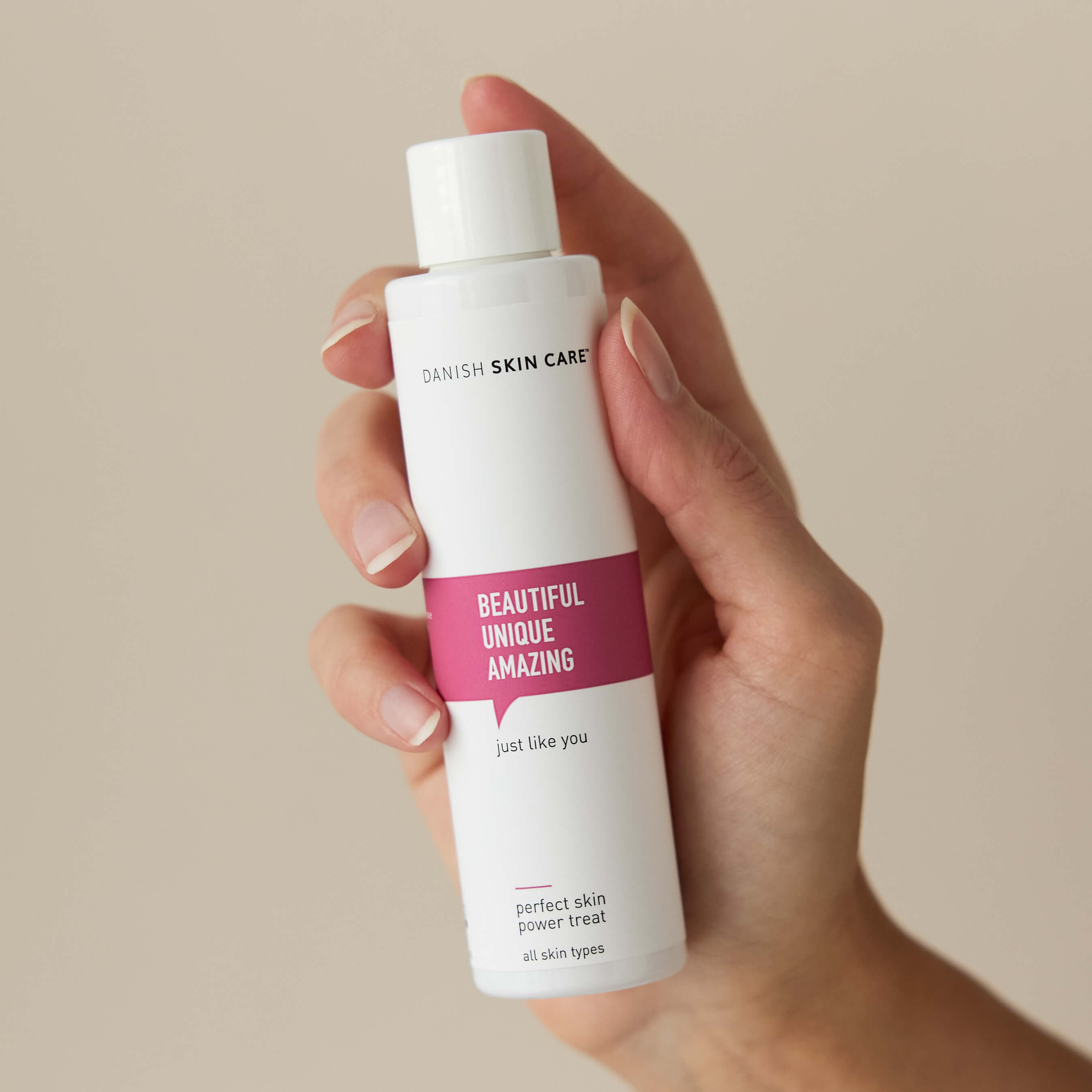
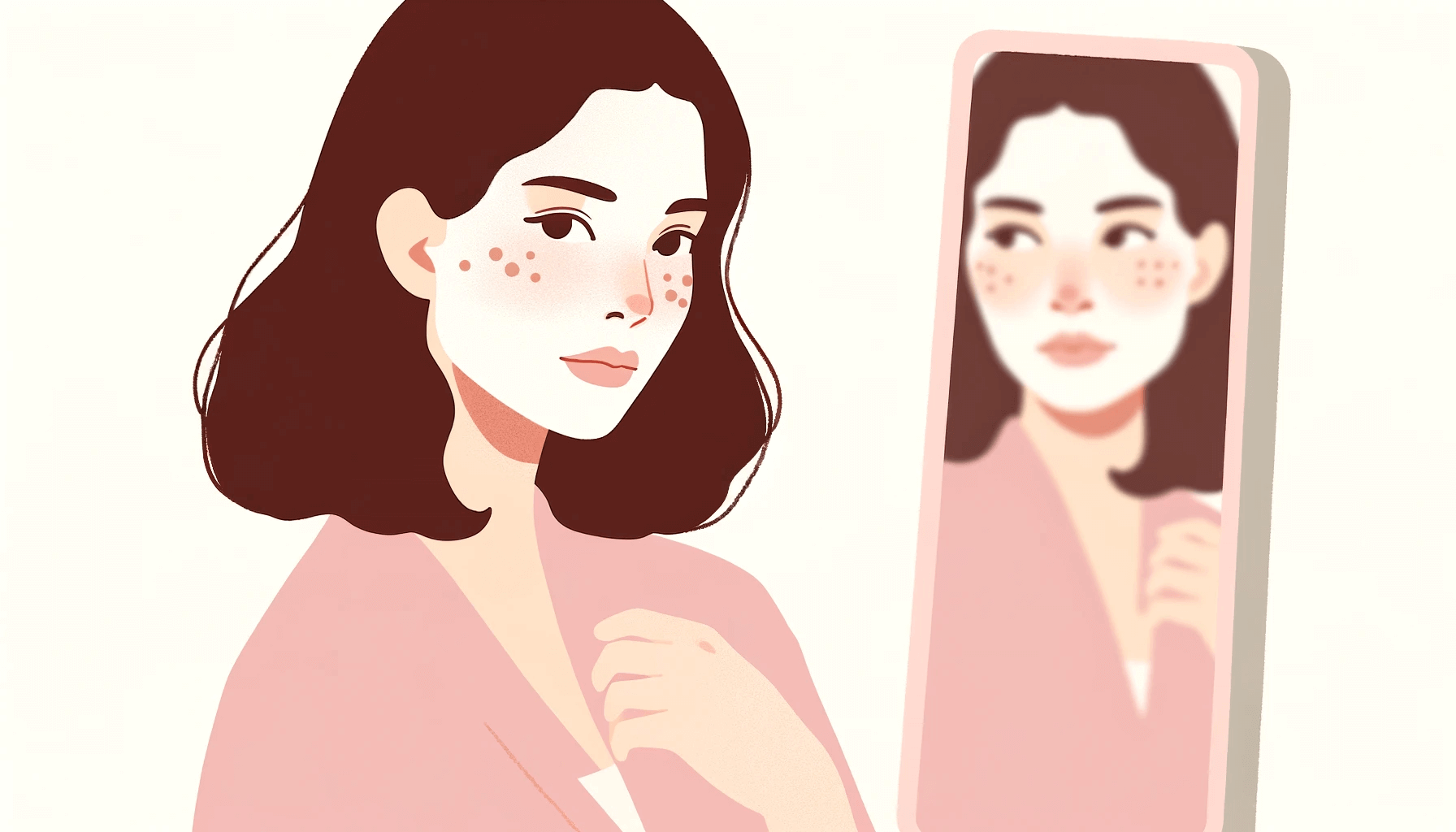
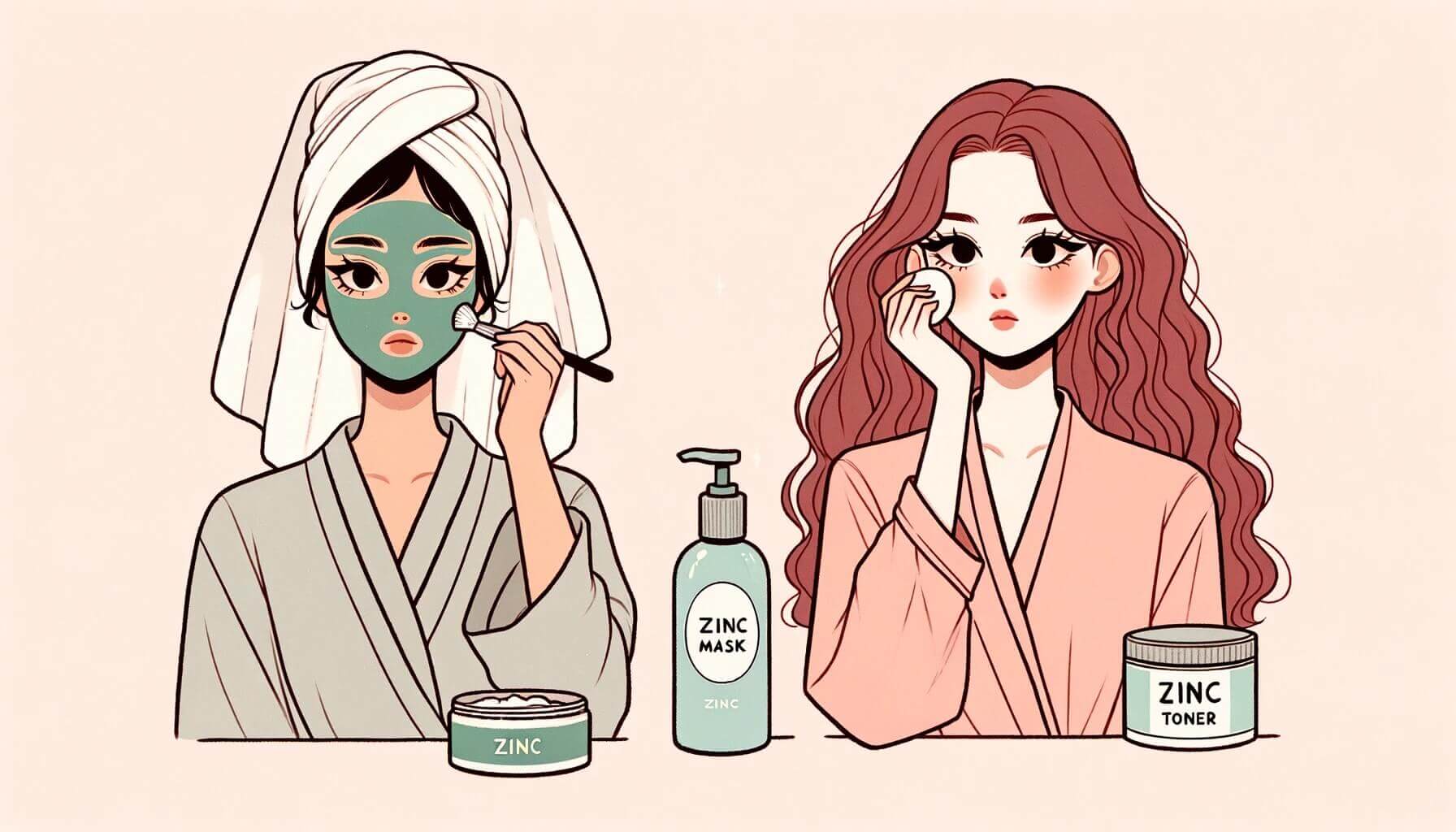
Leave a comment